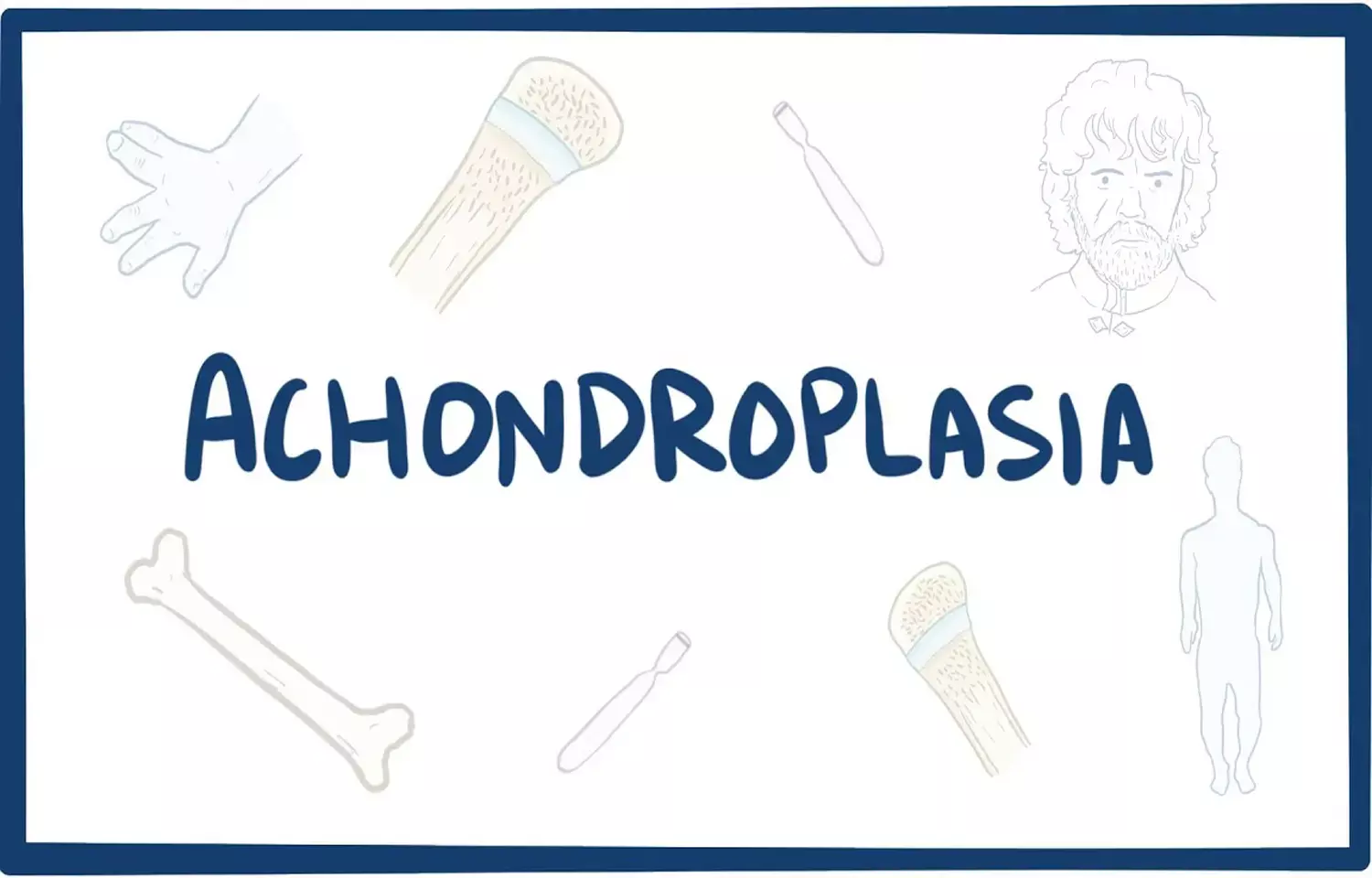- Home
- Medical news & Guidelines
- Anesthesiology
- Cardiology and CTVS
- Critical Care
- Dentistry
- Dermatology
- Diabetes and Endocrinology
- ENT
- Gastroenterology
- Medicine
- Nephrology
- Neurology
- Obstretics-Gynaecology
- Oncology
- Ophthalmology
- Orthopaedics
- Pediatrics-Neonatology
- Psychiatry
- Pulmonology
- Radiology
- Surgery
- Urology
- Laboratory Medicine
- Diet
- Nursing
- Paramedical
- Physiotherapy
- Health news
- Fact Check
- Bone Health Fact Check
- Brain Health Fact Check
- Cancer Related Fact Check
- Child Care Fact Check
- Dental and oral health fact check
- Diabetes and metabolic health fact check
- Diet and Nutrition Fact Check
- Eye and ENT Care Fact Check
- Fitness fact check
- Gut health fact check
- Heart health fact check
- Kidney health fact check
- Medical education fact check
- Men's health fact check
- Respiratory fact check
- Skin and hair care fact check
- Vaccine and Immunization fact check
- Women's health fact check
- AYUSH
- State News
- Andaman and Nicobar Islands
- Andhra Pradesh
- Arunachal Pradesh
- Assam
- Bihar
- Chandigarh
- Chattisgarh
- Dadra and Nagar Haveli
- Daman and Diu
- Delhi
- Goa
- Gujarat
- Haryana
- Himachal Pradesh
- Jammu & Kashmir
- Jharkhand
- Karnataka
- Kerala
- Ladakh
- Lakshadweep
- Madhya Pradesh
- Maharashtra
- Manipur
- Meghalaya
- Mizoram
- Nagaland
- Odisha
- Puducherry
- Punjab
- Rajasthan
- Sikkim
- Tamil Nadu
- Telangana
- Tripura
- Uttar Pradesh
- Uttrakhand
- West Bengal
- Medical Education
- Industry
First targeted therapy for children with achondroplasia shows persistent height gain

WASHINGTON - Children with achondroplasia, the most common form of disproportionate short stature, grow taller with trends in improved body proportions after two years of daily vosoritide treatment, a new study analysis finds. Results of the industry-sponsored study will be presented at ENDO 2021, the Endocrine Society's annual meeting.
"This is the first robust evidence of a precision therapy for achondroplasia," said the lead investigator, Ravi Savarirayan, M.D., Ph.D., a professor at Murdoch Children's Research Institute at Royal Children's Hospital in Parkville, Australia.
Achondroplasia is a genetic bone growth disorder whose characteristics include short arms and legs and an adult height typically below 4 feet, 6 inches. Medical complications of achondroplasia include spinal stenosis (narrowing of the spinal column) and spinal cord compression, bowed legs, permanently swayed lower back and sleep apnea. Treatment focuses on relieving symptoms and is often surgical. There is currently no effective treatment to increase height in these patients.
Vosoritide is an investigational drug targeting the overactive signal in the growth plate that prevents bone growth in children with achondroplasia, Savarirayan said. The goal of treatment, he added, is better medical, functional and psychosocial outcomes.
"We hope that improved height and body proportion will increase independence and alleviate some of the long-term issues, such as spinal stenosis," Savarirayan said.
A prior study in children ages 5 to 17 with achondroplasia showed that one year of daily injections of vosoritide significantly improved the participants' annualized growth velocity (AGV), which is the annual height gain, compared with a placebo, or dummy drug. The new study extends the data analysis after an additional year of continuous vosoritide treatment.
In the extension study, 61 children who had received the placebo the first year switched to vosoritide therapy, and 58 children continued vosoritide treatment for another 52 weeks. Final follow-up data were available for 108 of the 119 children.
Children who received two years' vosoritide therapy had a baseline mean AGV of 4.28 cm/year. After one year of treatment, mean AGV was 5.71 cm/year and after the second year mean AGV was 5.65 cm/year. After the second year of treatment, they also had a better height z-score, which is a measure of height relative to that of a similar population of average height.
Additionally, the children showed trends towards a better ratio of upper to lower body segments. Savarirayan said an improved body proportion often means the children can now more easily reach objects and perform self-care, such as toileting. Longer term follow-up is ongoing where additional data on quality of life, functional measures and final adult height will help to confirm the clinical relevance of these improvements in growth and proportionality.
These findings, Savarirayan said, indicate that vosoritide has persistent two-year beneficial effects on growth in children with achondroplasia.
Furthermore, the data showed that in children who received one year of vosoritide therapy after stopping placebo, growth also improved.
Vosoritide is under study in children whose growth plates are still open. They can receive the drug until they are near final adult height, which is 16 to 18 years old, according to Savarirayan. While these data are encouraging at showing a durable treatment effect up to 2 years, the long-term clinical benefits of vosoritide will likely require many more years of evaluation, and we will continue to investigate these important questions as part of the long-term follow-up portion of this study, he said.
Achondroplasia occurs in one in every 15,000 to 35,000 births, according to the National Organization for Rare Disorders.
Hina Zahid Joined Medical Dialogue in 2017 with a passion to work as a Reporter. She coordinates with various national and international journals and association and covers all the stories related to Medical guidelines, Medical Journals, rare medical surgeries as well as all the updates in the medical field. Email: editorial@medicaldialogues.in. Contact no. 011-43720751
Dr Kamal Kant Kohli-MBBS, DTCD- a chest specialist with more than 30 years of practice and a flair for writing clinical articles, Dr Kamal Kant Kohli joined Medical Dialogues as a Chief Editor of Medical News. Besides writing articles, as an editor, he proofreads and verifies all the medical content published on Medical Dialogues including those coming from journals, studies,medical conferences,guidelines etc. Email: drkohli@medicaldialogues.in. Contact no. 011-43720751


